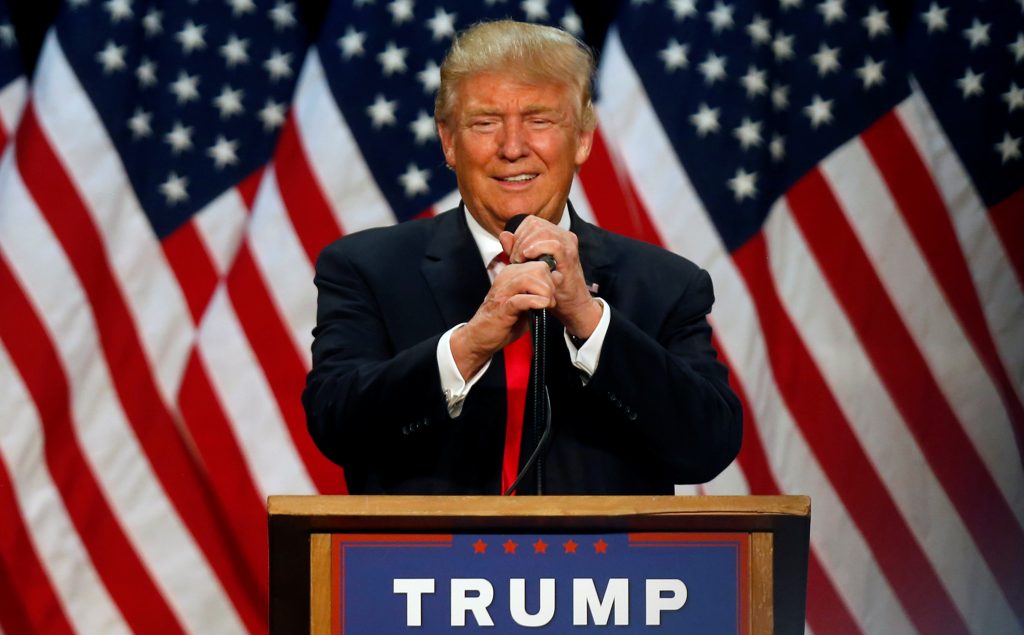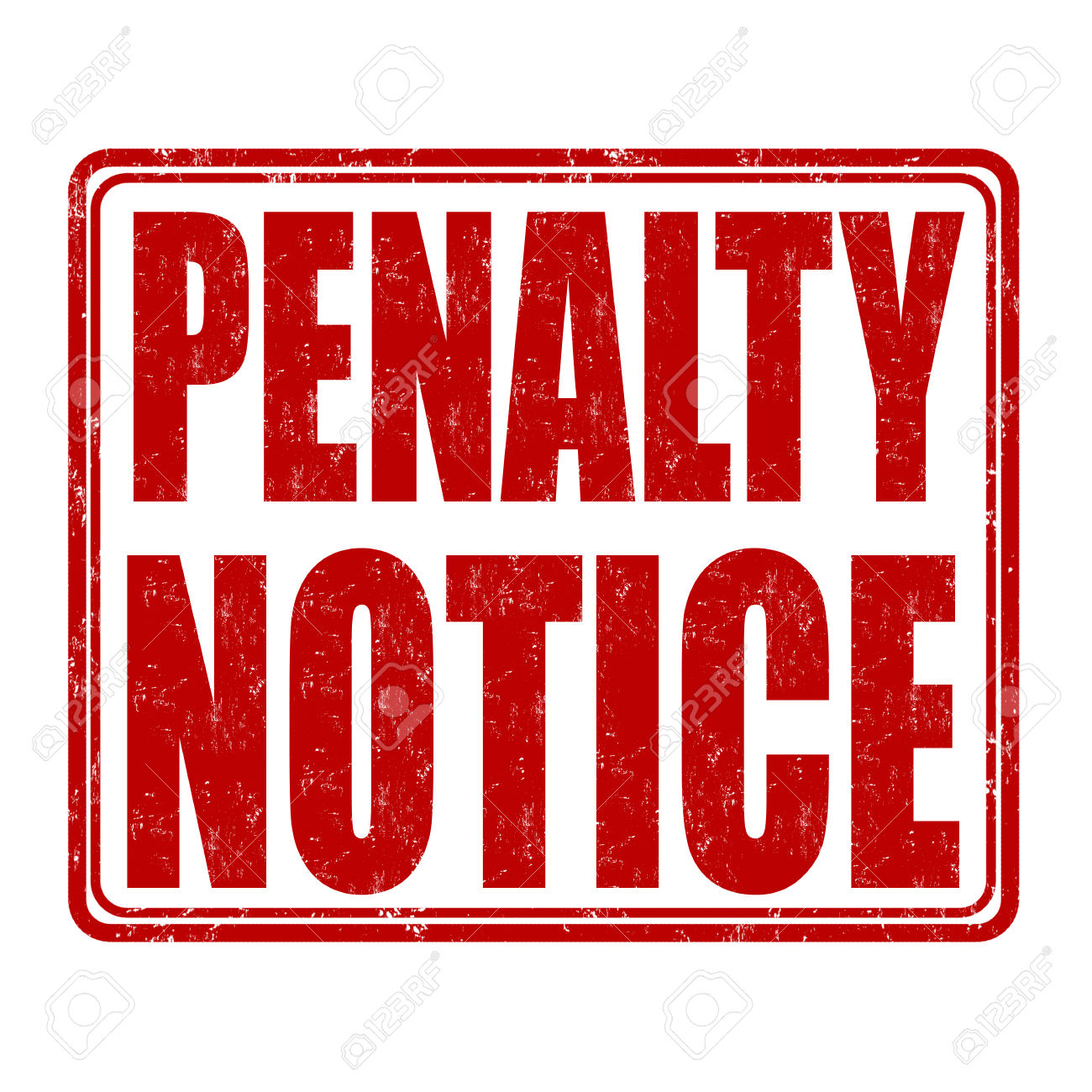Trump is Good for Most Offshore Businesses
With all the talk about keeping jobs at home and taxing foreign corporations, I wanted to start the year with a post on why Trump is great for the offshore industry… at least, for those operating small businesses, investing abroad, and/or moving assets offshore for asset protection.
This article will focus on why a Trump presidency is good for small businesses operated outside of the United States. Businesses where the owner is living and working abroad or a semi-autonomous division of an online or service business is based in a zero tax foreign country.
If you’re an American expat, don’t worry, President Trump is focused on the big guys…
Unless you’re a multinational with intellectual property offshore, or a manufacturing firm with a plant in Mexico, President Trump will be a friend (or a non-issue).
Tax laws that are likely to change involve intellectual property and imports from certain countries. These don’t impact small business, they’re used by multinationals to stash cash offshore.
Trump says he’ll bring back jobs and cash to the United States. He’ll do that by offering a tax holiday for previous retained earnings. Then he’ll make it more difficult for large companies to stash cash offshore and benefit from cheap foreign labor.
To reduce the benefits of going offshore, Trump says he’ll cut the U.S. corporate tax rate, modify the intellectual property laws, and impose import duties on goods from China and Mexico if they don’t agree to renegotiate existing trade deals.
None of these changes affect U.S. expat entrepreneurs and small business owners. If you’re running an online business from a low tax country, you have nothing to worry about.
First, a lower U.S. corporate tax rate doesn’t make any difference to you or change your reasons for going offshore. You wouldn’t be paying corporate tax in the United States anyway… you’d set up as an S-Corporation or Limited Liability Company and pay only personal income tax.
In fact, more than 90% of US businesses don’t pay corporate income tax. Profits flow through to the owners, who pay personal income tax, but not corporate rates. For more on this, see Forbes.
So, a lower U.S. corporate tax rate doesn’t make any difference to a small business. Moving a small business offshore is about reducing your personal income tax rate, not your corporate tax rate. Trump is all about the corporate rate.
The key to reducing your personal income tax rate by moving offshore is to qualify for the Foreign Earned Income Exclusion. If you’re a resident of a foreign country, or you’re out of the United States for 330 out of 365 days, you can earn $102,100 in salary from your offshore corporation and pay zero taxes. If a husband and wife both work in the business and qualify for the Exclusion, you could earn over $200,000 tax free.
If you net more than the Exclusion, you can hold these profits in your offshore corporation as foreign retained earnings tax deferred. When you take them out, you’ll pay personal income taxes on the dividend.
The bottom line is, if you’re offering a service or operating online, there’s nothing to worry about. The same goes for internet marketers, bloggers, and anyone with a portable business. You have no treaty or import / export concerns, so Trump will make no difference to you.
As an expat, you should focus on the tax laws of your country of residency. Stick with nations that won’t tax your foreign sourced income, and qualify for the Exclusion, and you’ll pay zero tax on your profits.
For a list of countries that don’t tax foreign sourced income, see territorial tax jurisdictions. These countries tax local income but not profits from sales to people and companies outside of their borders.
For example, Panama has a territorial tax system. If you’re living and working in Panama, operating an online business, and selling products to clients in the U.S., all of your income is foreign sourced to Panama and not taxable there.
What if you’re business is netting well over $100,000 (single) or $200,000 (joint)? Then you might consider going “offshore” to the U.S. territory of Puerto Rico. The tax deal offered by Puerto Rico is the opposite of the Foreign Earned Income Exclusion.
Under Puerto Rico’s Act 20 and 22, you’ll pay tax on your salary at ordinary rates and zero tax on dividends from your corporation. So, if you net $500,000, and draw a salary of $100,000, you pay tax on the first $100,000 and nothing on the remaining $400,000. Net $2 million, pay tax on the first $100,000, and zero on $1.9 million.
Note that I said the amount after your salary is tax free, not tax deferred. For mid-sized corporations or very profitable online businesses, Puerto Rico is a unique opportunity. You can realize a significant savings over the FEIE.
I hope you’ve found this article on why Trump is great for offshore corporations to be helpful. For more information on how to structure your international business, or set up in Puerto Rico under Act 20, please contact me at info@premieroffshore.com or call us at (619) 483-1708 for consultation.












Leave a Reply
Want to join the discussion?Feel free to contribute!